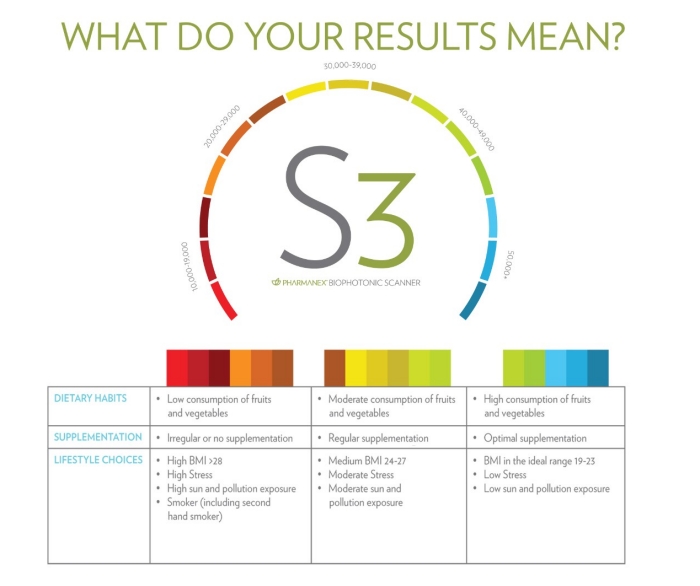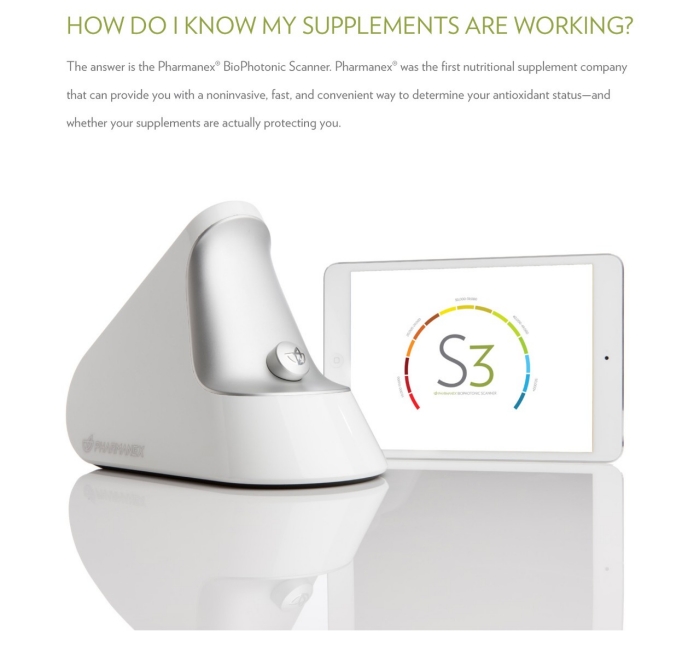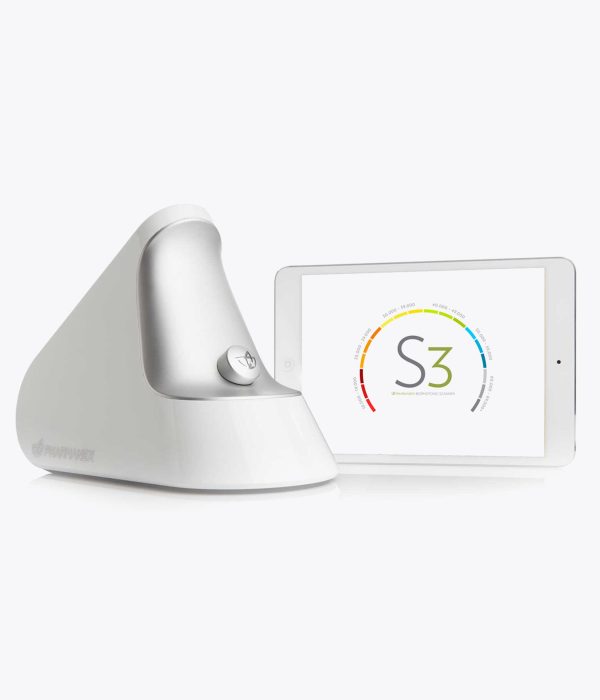Macular Pigment Optical Density

MPOD: What it is & Symptoms
Macular pigment optical density (MPOD) is a special pigment found in the eyes that’s made of antioxidants such as zeaxanthin and lutein. It protects the eyes from harmful UV light and eye diseases. Not everyone has a strong macular pigment, which can lead to issues like glare and contrast sensitivity and dim vision.
That’s why we recommend you check your MPOD to see if you need to take action so you can have healthier eyes.
Many people live their lives not knowing that their MPOD is running low. Shockingly, research shows that a whopping 78% of people in the United States have a low MPOD, yet they remain blissfully unaware. Factors that cause MPOD to weaken include:
- Smoking
- Inactive lifestyle
- Unhealthy diet
- High blood pressure
- Increased BMI (body mass index)
- Genetics
- Being female
- Old age


Antioxidant Scanner
Free radicals are sneaky particles that can wreak havoc on your health, causing troubles such as aging skin, heart disease, scrambled DNA, and macular degeneration. They’re created by the body’s metabolic processes and can also be caused by external sources such as smoking, pollution, X-rays, and more. Fortunately, antioxidants can neutralize these radicals and protect the body from their harmful effects.
Our antioxidant scan measures the levels of antioxidants in the body, ensuring that you have a high MPOD to promote retinal health.
When to Get an Antioxidant Test:
You can’t exactly feel antioxidants decreasing in your body but you can reduce the chances of your antioxidant levels falling by limiting your exposure to sunlight, X-rays, pollution, and smoking.
Here are a few signs that you may need to check your body’s antioxidant levels:
- Frequent infections
- Fatigue and weakness
- Premature aging
- Poor skin health
- Eye problems such as cataracts and macular degeneration

